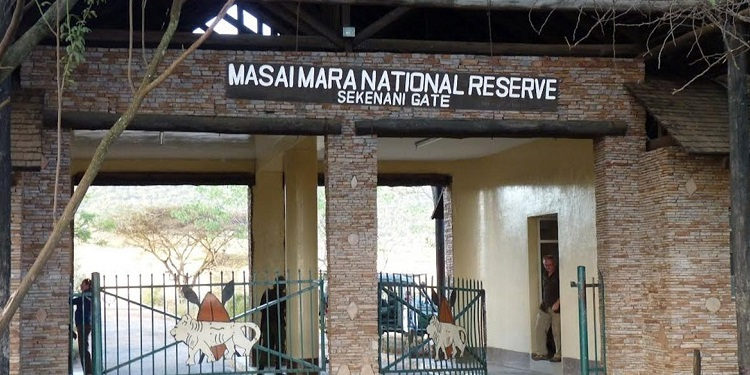Online Platforms Jumia & Kilimall and social media platforms Facebook and Instagram have been reported as the leading sources of counterfeit goods in Kenya, raising concerns about transparency and trust in online shopping.
According to the 2025 Consumer-Level Survey Report by the Anti-Counterfeit Authority (ACA), approximately one in five products sold in Kenya is counterfeit, with online platforms accounting for 31.27% of these illicit transactions.
Key Findings
The ACA estimates that 20% of products in Kenya’s market are counterfeit, with the trade costing the economy Ksh800 billion annually, equivalent to 9% of the nation’s illicit trade.
Also Read: Kenya and South Africa Emerge as Top Investment Destinations
The survey, conducted across eight counties (Nairobi, Mombasa, Nakuru, Nyeri, Machakos, Kisumu, Busia, and Garissa), found that 60.48% of consumers purchased counterfeit goods in the past year, often unknowingly.
While street vendors and kiosks remain the dominant sources (59.37% and 54.42%, respectively), online platforms are rapidly growing as conduits for fake goods, with Jumia and Kilimall at the forefront.
Key Sectors Affected
39% of spare parts, particularly four-wheeler components (81.89%), are counterfeit in Kenya, according to ACA, with 27% of electronics and electrical products, including mobile phones and accessories, being fake.
15% of medical equipment and drugs are counterfeit, with the WHO estimating that one in ten medical products in developing countries like Kenya is substandard or falsified.
Online platforms exaggerate the issue by offering easy access to these products, with 56.40% of respondents believing online counterfeits are primarily imported, mainly from China, followed by Kenya and Uganda.
Role of Jumia and Kilimall
Jumia, Kenya’s largest online retail platform, and Kilimall, a growing competitor, are cited as dominant channels for counterfeit sales due to their vast customer bases and wide product ranges.
Jumia’s estimated revenue in Kenya is Ksh1.3 billion, with a 100% share in electronics and 28.4% overall market share, while Kilimall recorded 670,000 visits in December 2022, 90% from Kenya.
Social media campaigns like #JumiaExposed have documented cases of counterfeit electronics, such as a fake iPhone sold for KES 47,000, with poor return policies increasing distrust.
Kilimall users report issues like out-of-stock refunds and substandard products, though some praise its affordability and variety.
Challenges in Combating Online Counterfeiting
Kenya’s Anti-Counterfeit Act of 2008 does not explicitly address e-commerce, creating loopholes for online marketplaces. The law prohibits owning or selling counterfeit goods, including online promotion, but enforcement is limited by corruption and porous borders with Somalia, Uganda, and Tanzania.
Economic pressures drive demand for cheaper products, with 8.31% of consumers knowingly purchasing counterfeits due to low prices (42.5%) and availability (33.75%). Many struggle to identify genuine products, despite 83.85% awareness of counterfeiting.
Also Read: How Elon Musk’s Father Married His Stepdaughter
While Jumia has delisted hundreds of vendors for selling counterfeits and imposes fines up to Ksh25,000, enforcement remains inconsistent. Kilimall’s lack of a robust reporting system further complicates efforts.
Consumer Impacts
The survey revealed that 57.72% of consumers experienced adverse effects from counterfeit purchases, including short shelf life, with 32.5% reporting that products failed quickly.
29.8% faced monetary losses, and 16.6% required hospitalization, particularly from counterfeit pharmaceuticals and alcohol.
Jumia claims to actively remove counterfeit products and penalize vendors, emphasizing trust and IP protection. However, customer reviews suggest persistent issues with counterfeit goods and poor refund processes.
Follow our WhatsApp Channel and X Account for real-time news updates.











































































